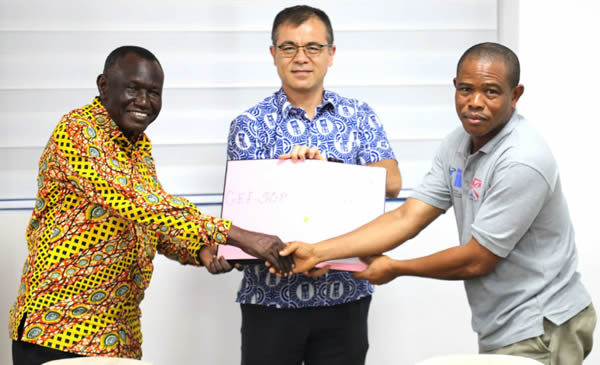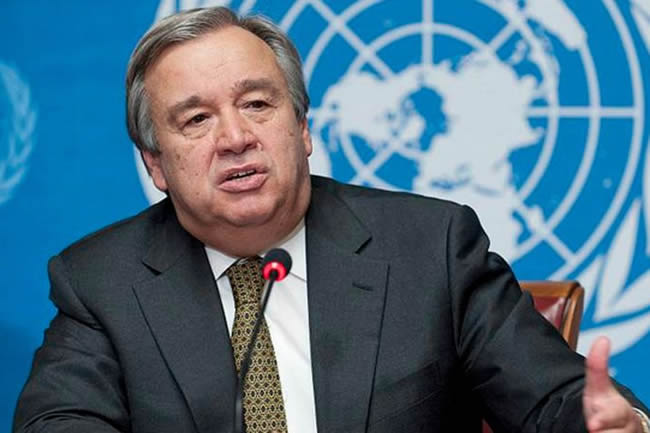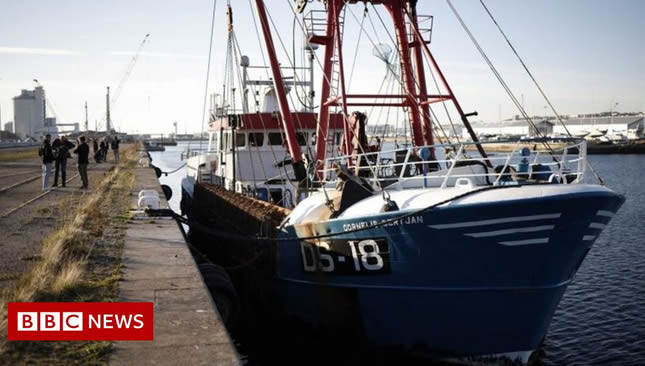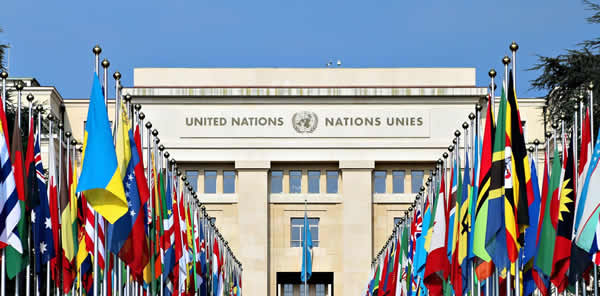
The United Nations Development Programme (UNDP) under its Global Environment Facility Small Grants Programme (GEFSGP) has awarded grant of about $180,000, to eight Civil Society Organizations (CSOs) in Ghana.
This is to enhance biodiversity management, governance, and sustainable livelihood activities of these CSOs.
The grant is the fourth direct funding support to the Civil Society Organizations in the Weto Landscape in the South Afadzato socio-ecological production landscapes of the Volta Region of Ghana.
Key activities being supported under the grant include the acquisition of improved technologies for transforming nature-based raw materials into finished products that meet national and international standards.
Mr Sukhrob Khoshmukhamedov, UNDP Deputy Resident Representative in Ghana sharing this with the media said the UNDP was committed to supporting Ghana by empowering CSOs.
They do so through entrepreneurial skills training, innovation, technology transfer, knowledge management, and access to financial resources to foster sustainable development and address societal challenges.
The grant initiatives will support the documentation of sacred groves along the Afadzato South socio-ecological production landscape and improve community knowledge on conservation and sustainable harvesting of medicinal plants from the wild, he explained.
Additionally, the initiatives will modernize apiculture and processing of organic honey to meet international standards.
“As we embark on this journey of environmental stewardship, this grant marks a crucial step in our efforts to address environmental challenges.
Let us harness the power of collaboration and innovation to drive meaningful change in safeguarding our natural heritage for future generations”.
The CSOs awarded pledged to restore the protected areas and put in place the necessary conservation measures to ensure biodiversity conservation in Ghana.
Over the years, through UNDP GEF Small Grant Programme, the Weto Platform was formed, comprising CSOs, traditional authorities, and government institutions.
Activities over the years under the platform included the conservation of 135,500 hectares of ridge forestland as a community-managed natural regeneration area.
Out of this, 15,000 hectares have been placed under agroforestry and sustainable land management, improving livelihoods.
Activities under the new grant will advance environmental stewardship, biodiversity conservation and sustainable development in Ghana.
Source: GNA







